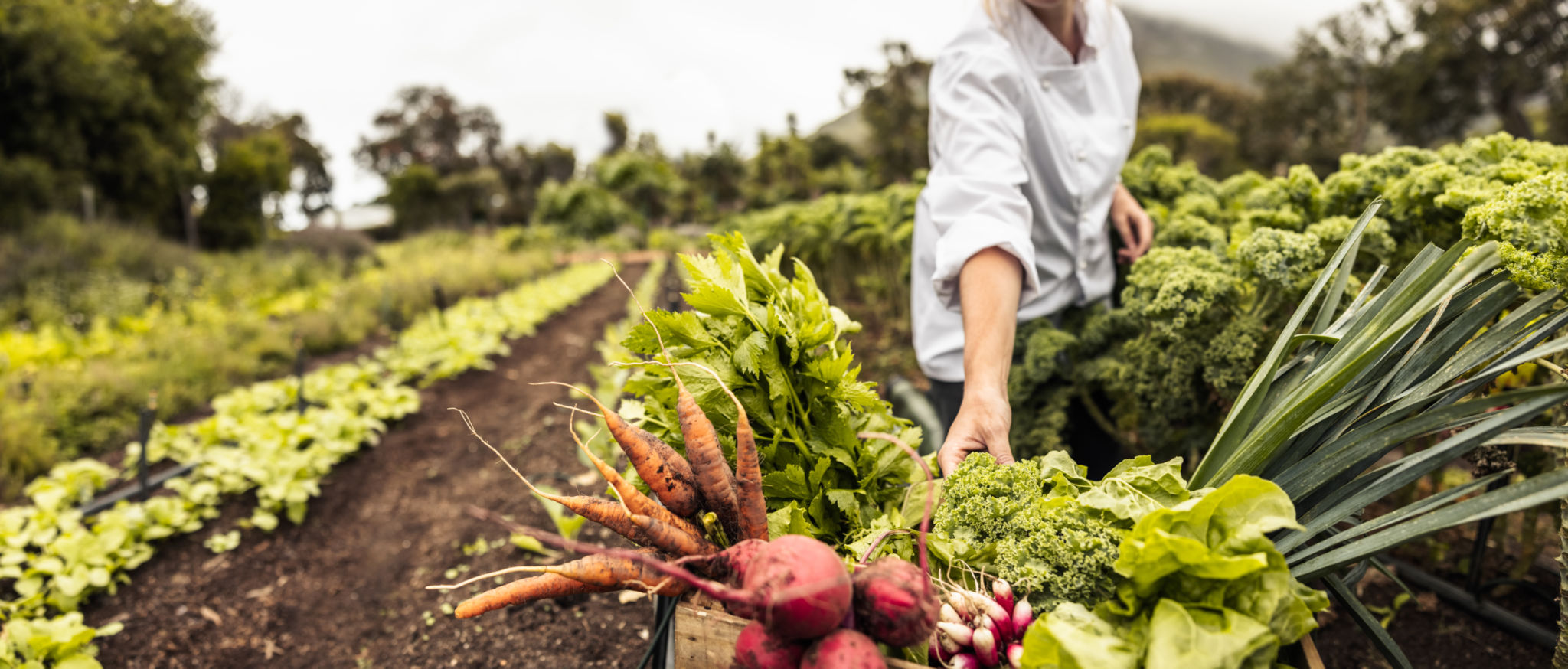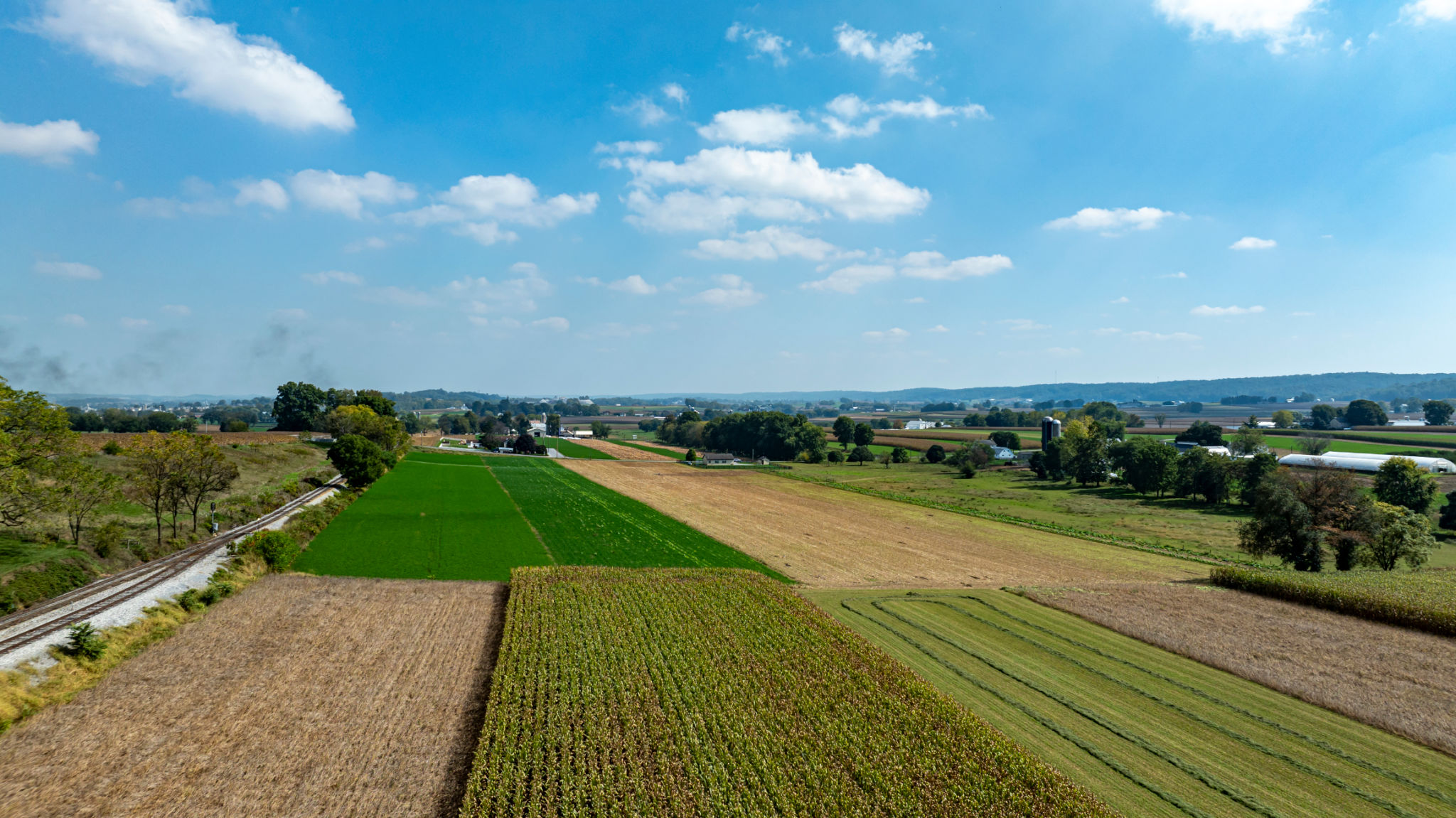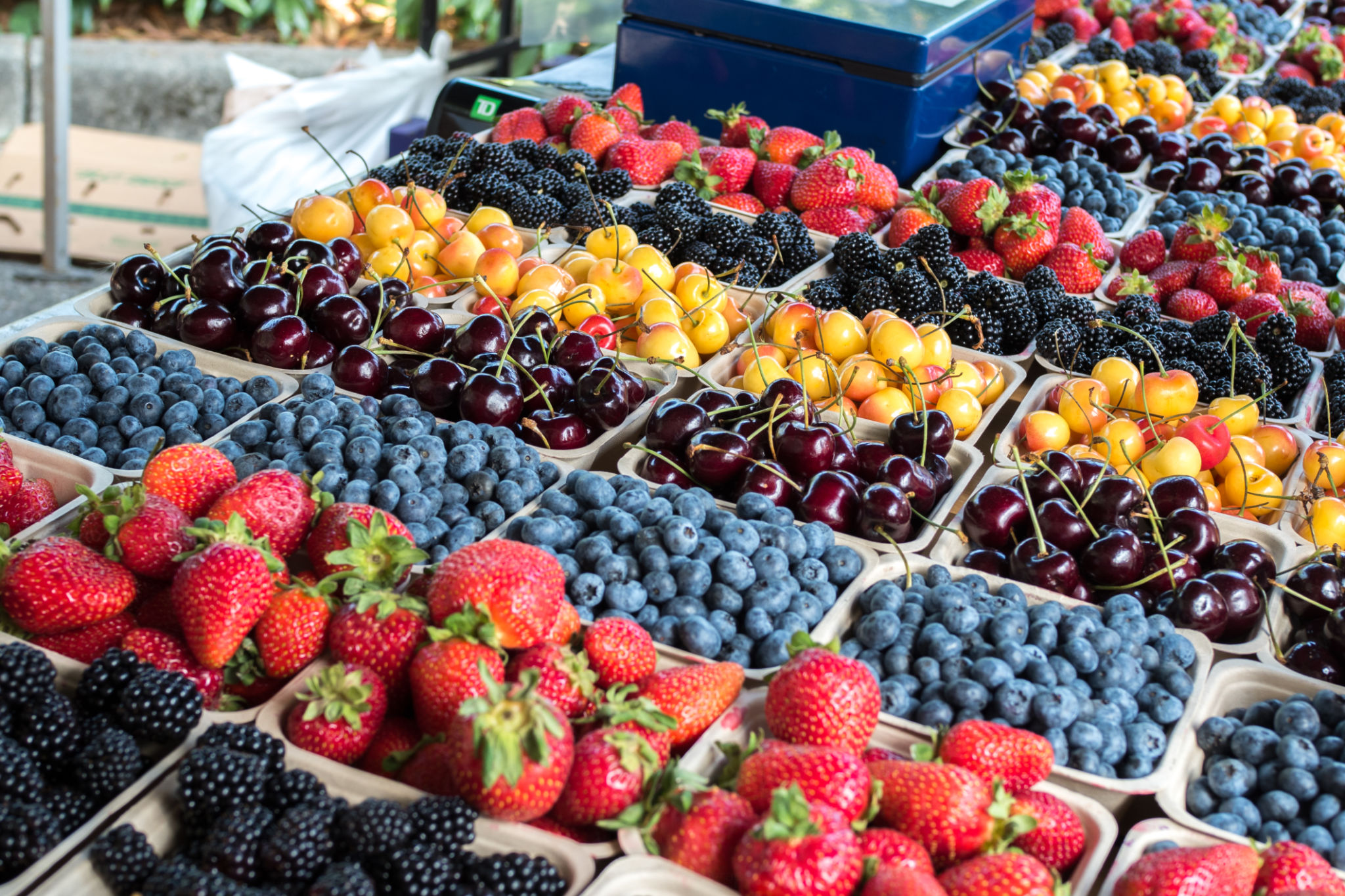Sustainable Farming Practices: A Vital Component of the Agro-Produce Supply
Understanding Sustainable Farming Practices
Sustainable farming practices are essential for maintaining the long-term health of our environment and ensuring a reliable supply of agro-produce. By focusing on methods that are environmentally friendly, economically viable, and socially responsible, sustainable farming seeks to meet current food needs without compromising the ability of future generations to meet their own needs.
These practices encompass a wide range of techniques that aim to improve efficiency while reducing environmental impact. From conserving water and soil to enhancing biodiversity, sustainable farming is a holistic approach that considers the entire ecosystem.

The Importance of Soil Health
Soil health is a fundamental aspect of sustainable farming. Healthy soil supports plant growth, maintains water quality, and helps mitigate climate change by storing carbon. Techniques such as crop rotation, cover cropping, and reduced tillage are employed to maintain and improve soil health.
Crop rotation involves planting different types of crops in the same area in sequential seasons. This helps prevent soil depletion and reduces the need for chemical fertilizers. Cover cropping, on the other hand, involves planting specific crops that improve soil fertility and structure during the off-season.

Water Conservation Strategies
Water is a precious resource, and sustainable farming practices prioritize its conservation. Techniques like drip irrigation, rainwater harvesting, and building retention ponds are employed to reduce water usage and improve efficiency.
Drip irrigation systems deliver water directly to the plant roots, minimizing evaporation and runoff. Rainwater harvesting involves collecting and storing rainwater for agricultural use, which can significantly reduce reliance on external water sources.
Enhancing Biodiversity
Biodiversity is crucial for maintaining a balanced ecosystem. Sustainable farming encourages the preservation of diverse plant and animal species, which contributes to a more resilient agricultural system. Practices such as agroforestry and integrated pest management (IPM) are vital in promoting biodiversity.

Agroforestry integrates trees and shrubs into agricultural landscapes, providing habitat for wildlife, improving soil health, and creating more stable microclimates. IPM reduces the need for chemical pesticides by using natural predators and other biological methods to control pest populations.
Economic Viability and Social Responsibility
Sustainable farming is not only about environmental stewardship but also about economic viability and social responsibility. Farmers adopting these practices often see reduced input costs and improved crop yields over time. Moreover, sustainable farming can create job opportunities and support local communities by promoting fair trade and ethical labor practices.
By investing in sustainable farming practices, we contribute to a more resilient food system that benefits both producers and consumers. It ensures food security, promotes rural development, and safeguards our planet's resources for future generations.

The Role of Technology in Sustainable Farming
Technology plays a significant role in advancing sustainable farming practices. Innovations such as precision agriculture, which uses GPS technology and data analytics to optimize field-level management regarding crop farming, are transforming the way farmers work.
Precision agriculture allows for precise application of inputs like fertilizers and water, reducing waste and increasing efficiency. Additionally, technology aids in monitoring crop health and predicting yields, enabling farmers to make informed decisions that align with sustainability goals.
Conclusion
Sustainable farming practices are not just an option but a necessity for ensuring the long-term viability of the agro-produce supply chain. By adopting these methods, farmers can contribute to a healthier planet while also enhancing their own economic prospects. As consumers, supporting sustainable farming initiatives through informed choices can drive positive change at every level of the food system.
The shift towards sustainable agriculture is imperative for meeting global food demands in an environmentally conscious manner. By embracing these practices today, we pave the way for a more sustainable and equitable future.
